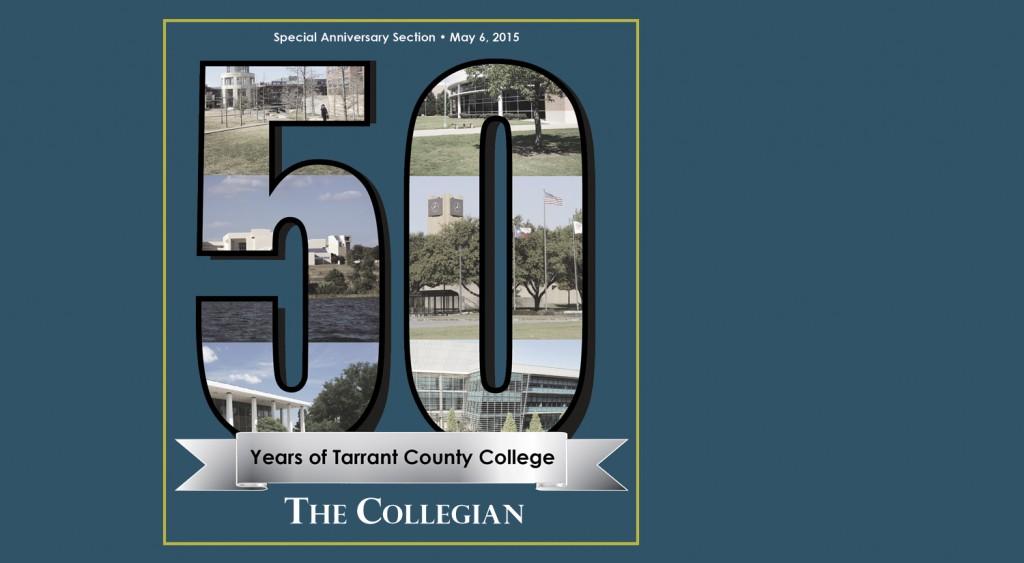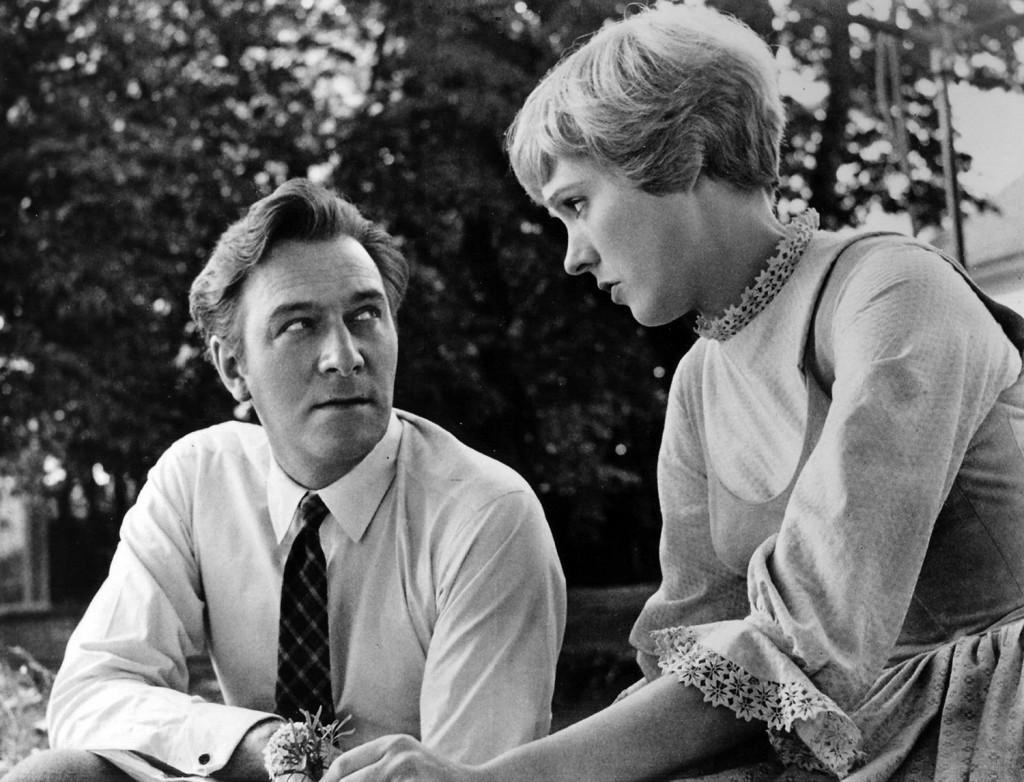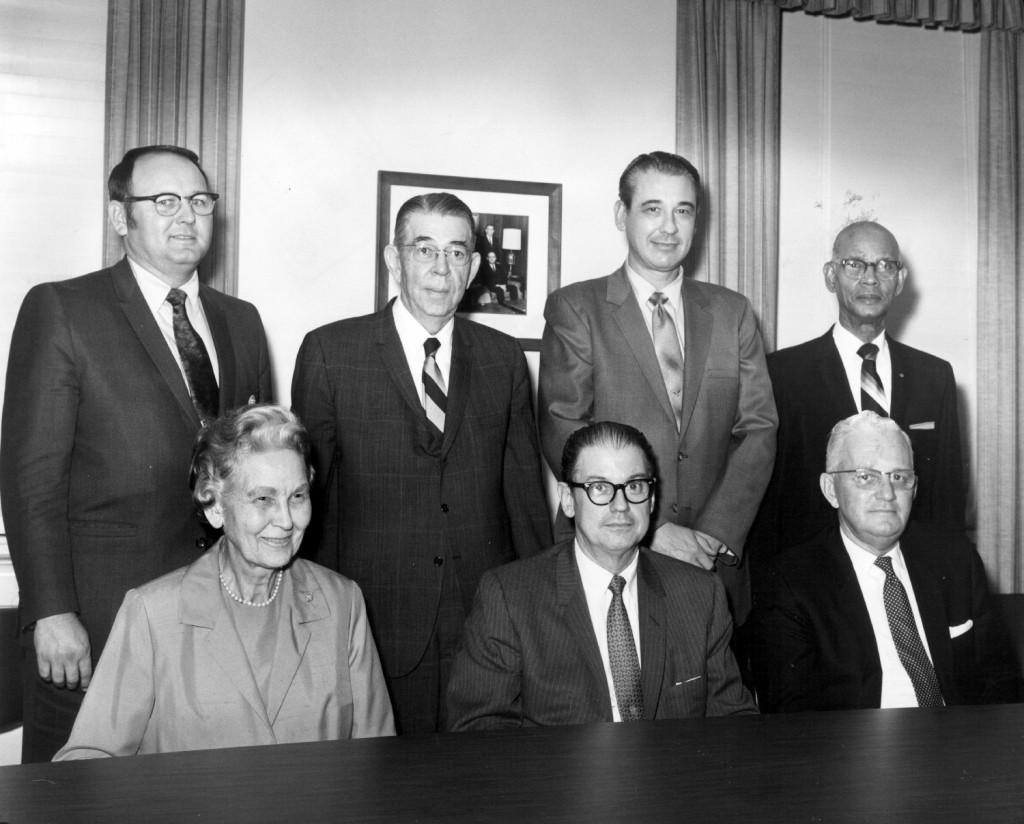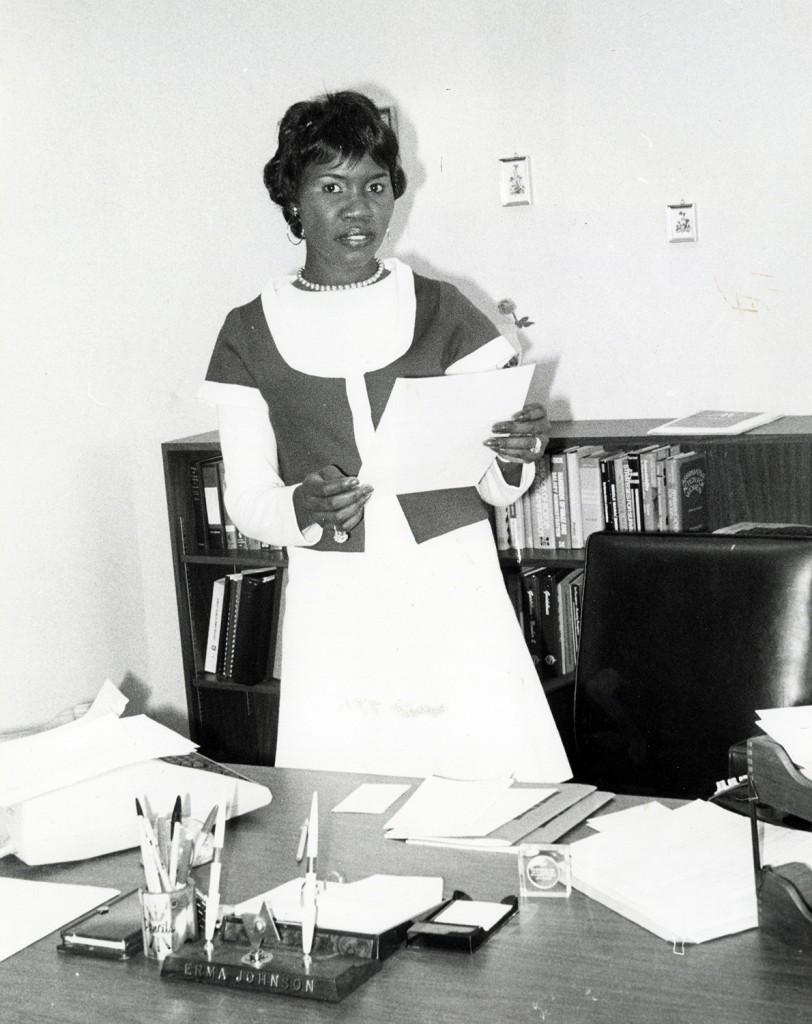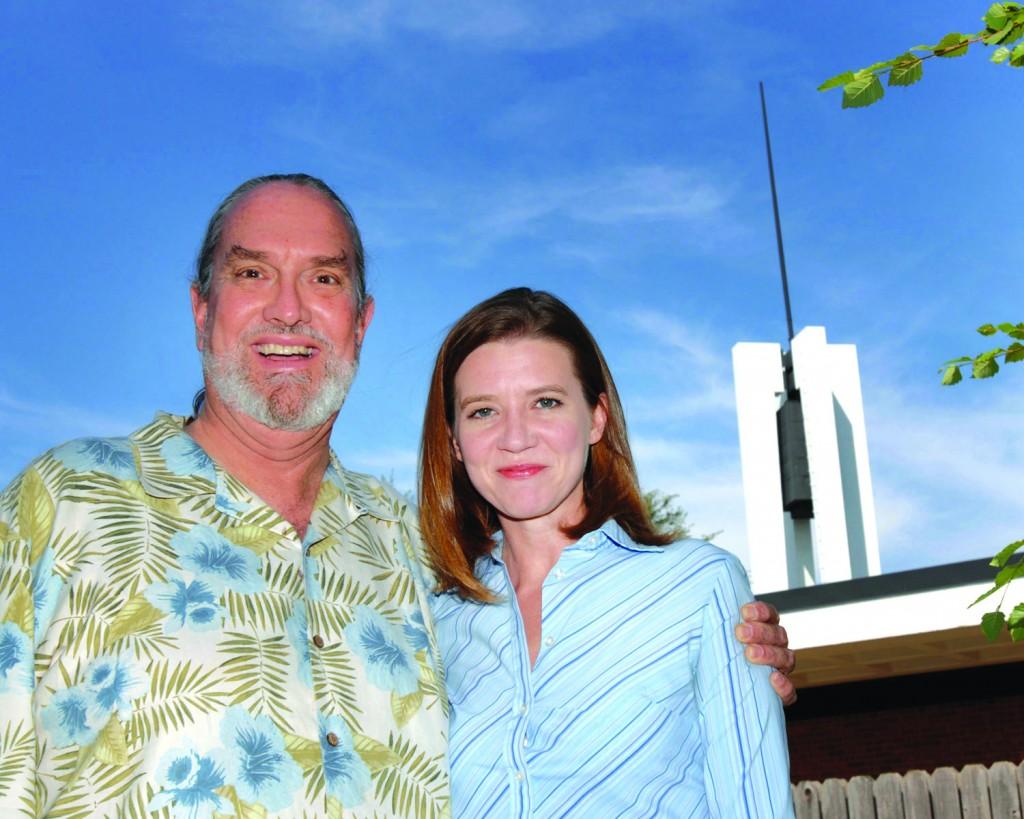By Linah Mohammad/se news editor
SE professor uses his deportation experience to relate to students
They packed all they had on the Greyhound bus and headed back to Mexico. A few days previously, they started getting letters in the mail and immigration agents’ visitations to leave the country.

Photo by Linah Mohammad/The Collegian
It took Joel Tovanche two years to fix his papers and come back to the U.S.
Tovanche, now a SE history associate professor, uses his experience of deportation to relate to his students.
“I have a lot of students who aren’t here ‘legally,’ and I’m able to talk to them in ways I think others are not able to. I had that experience. The illegal thing, the deported thing and living under the radar,” he said. “Of course, there are a lot of our students at TCC who are in that situation as well. It also gives me a greater understanding of the idea of the other, the outsider experience, the one who doesn’t belong. I know how it feels to be an outsider, to not be wanted.”
Gladiola Quinoñes, one of Tovanche’s students, said she looks up to him.
“It is a hard struggle,” she said. “Because I’m Hispanic, I know how it feels to have a family member deported. He pushes us to strive for our best.”
Tovanche’s story helps build bridges between him and his students. Johnny Soto, another of his students, said Tovanche’s story reminds him of his family’s.
“It is different when a teacher speaks from experience as opposed to telling a story from a book,” Soto said. “Mr. Tovanche is educating the ignorance out of us.”
Tovanche’s family has a long history of crossing the border. His grandmother was repatriated during the Great Depression back to Mexico. Both his parents were also constantly crossing the border for jobs.
“My father used to cross over as a bracero, a contract labor program set up by the government,” he said. “He used to use my uncle’s papers to cross over. He was able to create that linkage between the United States and Mexico for us.”
Another major link between Mexico and the United States was Tovanche’s uncle Frank Riley.
“My Uncle Frank was an Irishman — hard-working, hard-drinking, hard-hitting Irishman,” he said.
Riley traveled to Piedras Negras, Mexico, where the Tovanches had lived in 1971 and told them to pack their belongings. He was taking them to the U.S.
“‘We gotta go, we gotta go now!’ he said. My mom picked up whatever she could carry. She said that she even left clothes hanging on the lines,” Tovanche said. “We drove up through Eagle Pass with seven in the car. There was no way they’ll let us in, and she doesn’t understand why he insisted on taking us.”
At the time, the U.S.-Mexico border consisted of two parts: the border itself, which one could easily pass through, and a checkpoint, which was more strict, and it was usually where illegal immigrants got caught.
“We drove through the 20-mile-out checkpoint. As we were approaching it, a storm came all of a sudden. The skies got dark, and the rain and hail was coming down,” he said. “The border patrol just looked out and didn’t want to come outside. They looked at them in the car. They saw my Uncle Frank, a white man, wave. They waved back. We went through.”
They settled in Cleveland, Ohio, and Tovanche’s parents found jobs at the Gray Wire Specialty Company.
“My parents made minimum wage whatever it was back then,” he said. “They were using a machine to solder, just to weld. My mom worked at Gray Wire for five years.”
According to Tovanche, Cleveland was a very segregated city. There were no black people where he lived.
“I always knew I was different, but I didn’t know I wasn’t white. Most of my friends were white,” he said. “I just knew I was different. I didn’t know what it meant to have been born in Mexico.”
A few years later, though, Tovanche would have firsthand experience what it’s like to be born in Mexico. He and his family were deported.
“My sister had gotten caught. She was 16 years old, she ran out of the house with a guy from Mexico and they got married,” he said. “She was working at a factory, and Immigration raided it. In 1976, Immigration started raiding a lot of places. There had been this whole political movement to, you know, illegal this, illegal that.”
U.S. immigration officials asked where her family was. She refused to tell them until they told her they wouldn’t do them any harm.
“It was more bureaucratic than raiding houses,” Tovanche said. “It was more like letters in the mail, and agents visiting here and there. The good thing was that my mom and dad had saved for a rainy day. I don’t know how, but they had saved a couple of thousand dollars. Funny enough, we all got deported, and my sister stayed. She fled to Chicago with her husband.”
Immigration officials gave them three weeks to leave the U.S. They also offered to pay for their trip.
“The lawyer told my husband, ‘Don’t let the immigration pay for your tickets because if they pay your tickets, you’re not going to come back,’” said Sebastiana Tovanche, Joel Tovanche’s mother who still lives in Cleveland. “People from our church collected money for us, and we had some money too. We paid our tickets and went to Mexico. I felt very bad when they told us we have to leave to Mexico. But we had to accept it because we didn’t have papers.”
The family didn’t have a lot in Cleveland. But now that they were going back to Mexico, it was going to be even worse.
“How can we not be sad?” Sebastiana Tovanche said. “Over here, we ate. Over there, we wouldn’t be able to eat. But I coped with the situation fine. One is used to that sort of thing.”
The family went back to the same house they had left five years earlier, a one-room cinder block house with one faucet outside.
“That’s what he had to go through,” Joel Tovanche said. “I didn’t realize until I was older, when your mother says, ‘No, I don’t want that, I’m not hungry,’ so that you can have it. My mother did that a lot because there wasn’t a whole lot to go around.”
In Mexico, the family didn’t have jobs, and they weren’t sure how they were going to feed their children.
“We held our hands up and we prayed to God, ‘God, please let us know what we need to do,’” she said. “Then my brother’s friend told us to buy clothes and blankets from other states to sell them in Piedras Negras. It wasn’t a lot of money.”
The Gray Wire Specialty Company’s secretary wrote letters on their behalf. They were good workers, and they wanted them back.
The family fixed their papers and moved back to the U.S. two years later.
“I was so poor, but I feel so rich now,” she said. “God blessed me. All we wanted was more for our children, the life that they have now.”
Joel Tovanche calls his mom every now and then just to thank her for her sacrifices.
“I remember my mom would come home and show me burn marks on her arms, and she’d say, ‘Look, son, I don’t want this for you,’” he said.
Recalling his memories, Tovanche still doesn’t fully understand it.
“The illegal immigrant experience,” he said. “I don’t know what that means. I didn’t know it when I was 6 years old,” he said. “How can you explain that to a kid? How do you explain boundary lines to a child? That you belong on this side and not this side? Even though you’ve been here all along, I don’t know how to process that, even now.”

























